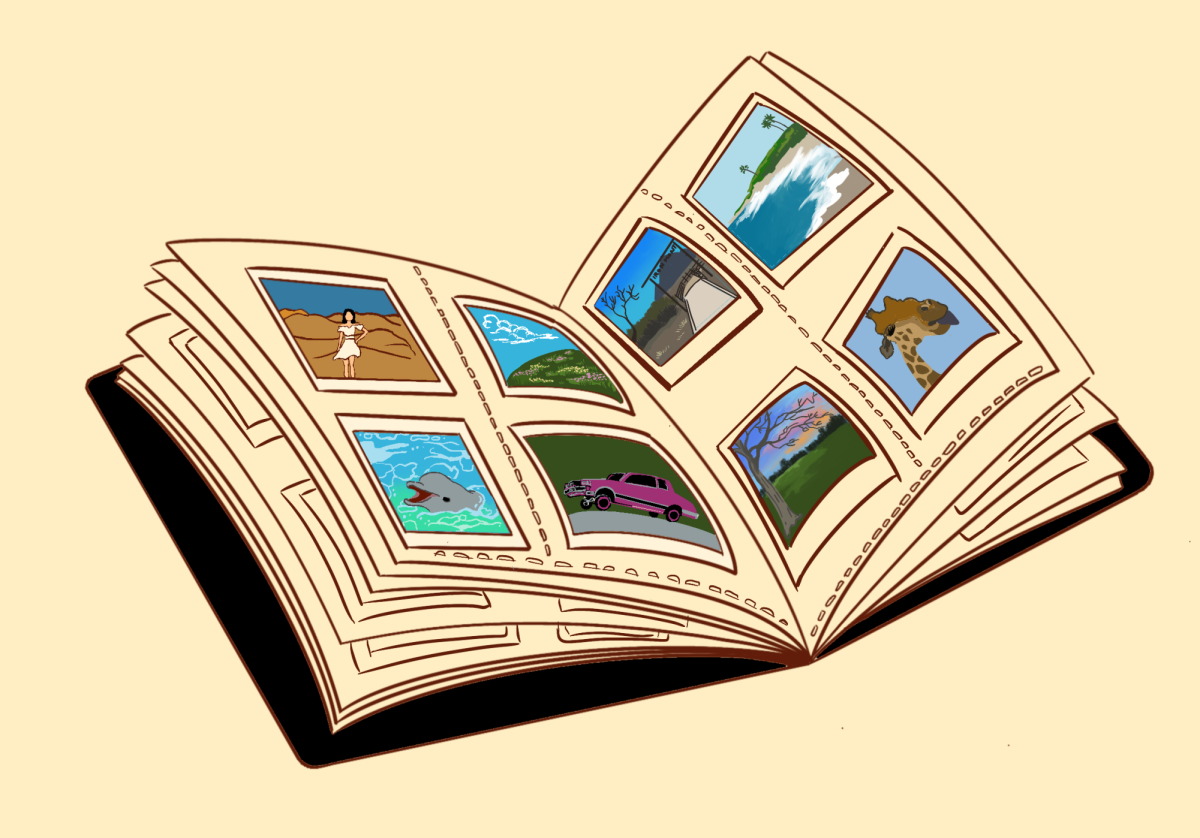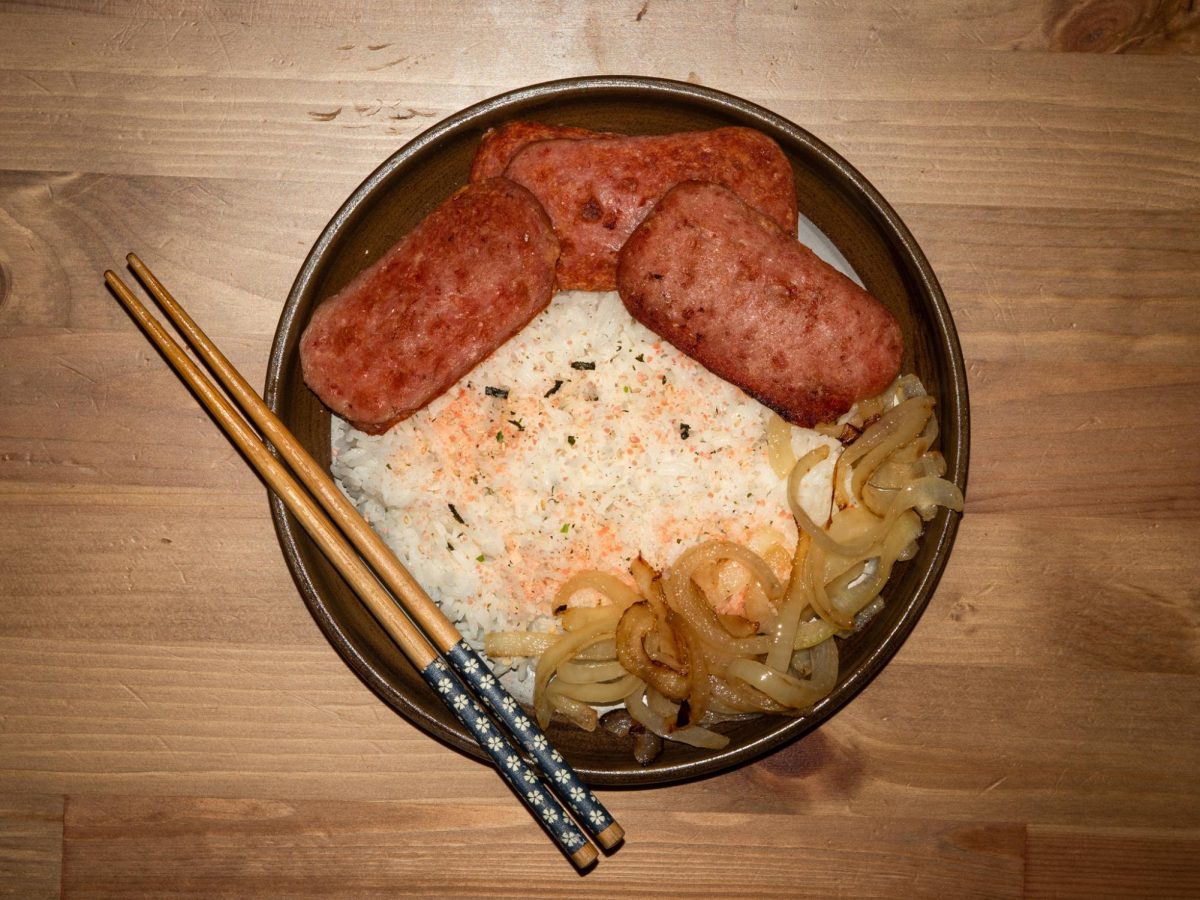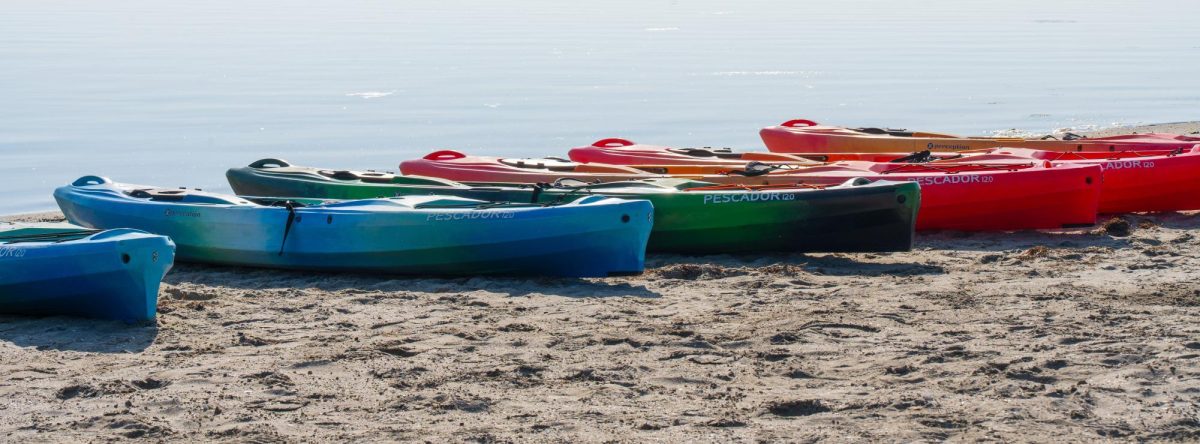What’s a cowgirl like you doing with such a small truck?”” asks Jim, the head honcho at the Media Checkout. He smiles at us tying down dolly tracks protruding from the already-overstuffed bed of my truck. It’s Friday morning, and this is the last time Devin, Randy and myself (the small Friday crew) will pick up equipment and head out to Temecula before the rest of the cast and crew arrives. I am inwardly ecstatic.
Rewind to a few years ago: me, terrified of going inside the Media Checkout – I don’t know what the equipment is called or what it’s for, and the gruff student employees have no time for newbies. “”It’s OK to be ignorant,”” says one of my film professors. “”But you must work to bridge that gap of ignorance.””
Skip back to this Friday: I waltz in with my cowboy boots on, I don’t have to say my name or what I am here for, because the people at checkout already know. I smile mischievously at the students just beginning, clutching their checkout forms while we stand next to our truck, roped and weighed down with hundreds of pounds of equipment. These are the kind of moments that interest me – moments of aftermath, where scenes drip with that invisible ghost of action that has led up to this moment. You can see the traces of movement, the invisible marks of my hands on the windowpane, Randy’s sweat on the truck bed and Devin’s fingers tying the rope, all intangibly marking the struggle that preceded this end product. This is, in part, what the world of my film is about: characters living in an aftermath. But this is also a parallel for the process of filmmaking. Film is an end-product, nothing more than two-dimensional ghosts existing in a frame, referencing the moment that existed at one point in time when these images were recorded on tape.
Cut to a few hours later, in Temecula. I hold the camera while Randy and Devin throw logs into the water to simulate the truck crashing in – but the log keeps floating back into frame like an albino alligator. “”We should just drive the truck in the water,”” says Randy. “”Yeah, I guess we could,”” I respond. Ten minutes later, the back tires are spinning out of control, hopelessly stuck in the mud.
Back up five days: Paul is spraying a violent storm of white powder from the fire extinguisher to put out the fire creeping up the side of the wooden shack we’re filming. Fast forward one day, Steven is yelling on top of the truck because I’ve slammed his hand in the closed truck door.
Rewind a few hours and the sound of shattering glass rings in the canyon as Josh does a somersault down the side of a rocky hill.
Fast forward to six days and five guys with hardhats are pushing the Volkswagen van up a hill; it’s my crew, my dad and my cousin, acting the role of construction workers, but we are not filming. We can’t get the key in the cantankerous ignition, so for every take where the van goes downhill, they must push it back up under the midday sun.
Skip to the last Sunday. “”Dad, what’s the best way to cut a glass bottle evenly?”” A moment later my dad is raising an axe up while I hold a glass bottle against cement.
Skip back to a quarter to midnight on President’s Day, and we have been rehearsing and setting up lights in an old abandoned house for hours. Everyone has gotten very little sleep in the past two days, and it is starting to show; the camera operator is nodding off, the assistant director has his eyes closed, the actors are falling asleep in between takes. Coffee keeps coming in, but is having no effect. I am shouting and trying to pretend I could go on all night. I pick up a c-stand and it drops limply out of my hand. Every glance I get and word I hear is asking me to utter those three pleasant words … that’s a wrap.
A slow fade in to an empty field. It’s Saturday a week later, after the last shoot. I am back in Temecula by myself, filming forgotten shots. Holding the camera in one hand, a rock in the other, I am trying to scare some quails so they will fly up in front of the camera. It’s so quiet, you can hear the wind in the grass and the distant sound of children playing. The clothesline has fallen down. The plates are all askew inside the van, next to paper shreds gnawed by mice, and outside I can see a tiny piece of purple fabric stuck in a cactus. It’s another moment of comedown, of aftermath. No more Devin, no more Randy, no more Paul, Steven, Tricia, Mom, Dad, Tom, Josh, Jake, Norbert, Christie, John, Salomon, Adam. Just me in a field with a camera. Filming is done and now what’s left to show for all the action are seven Mini DV tapes, holding all our efforts in their tiny digital ones and zeros, like phantasms trapped on electronic tape. This is film, a 2-D memory.







